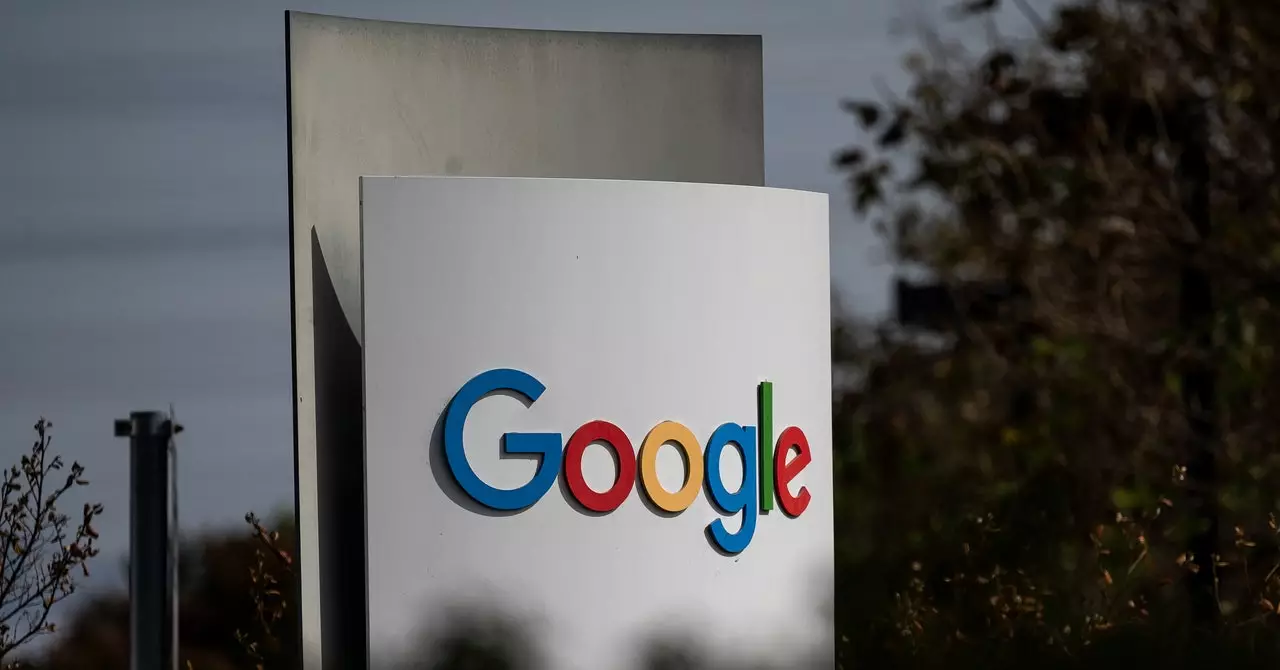As the tech world grapples with the rapid evolution of artificial intelligence, Google stands at a pivotal juncture in its quest to establish its Gemini Assistant chatbot as a formidable competitor to OpenAI’s ChatGPT. However, the road ahead is being paved with legal complexities. A recent court filing reveals Google’s proactive stance amid regulatory scrutiny, suggesting that the search giant may have to adapt its business strategies significantly to comply with antitrust laws while attempting to maintain its edge in the rapidly changing landscape of AI-powered services.
Google has proposed a set of restrictions that would limit its ability to mandate that device manufacturers and service providers distribute the Gemini chatbot to their users in the United States. These suggestions come in response to a broader inquiry from the U.S. Department of Justice, which seeks to dismantle some of the existing monopolistic practices attributed to Google. By granting partners increased autonomy in selecting their default search engines, Google aims to address some of the legal concerns while still preserving its business interests.
In previous rulings, federal courts have observed that Google’s deals to become the default search provider on various platforms violated antitrust laws. Judge Amit Mehta pointed out that these agreements allowed Google to establish a stronghold over search and advertising, thereby stifling competition and enabling the company to manipulate ad prices substantially. The outcome of this ongoing legal battle may have broader consequences not only for Google’s search engine dominance but for the future of chatbot technology as well.
The rise of AI chatbots such as OpenAI’s ChatGPT and Google’s own Gemini Assistant has introduced new dynamics in the search engine market. These innovative tools threaten to overshadow traditional search platforms by providing more efficient and engaging user experiences. The Justice Department is rightfully concerned that Google’s historical grip on search could translate into an undue advantage in this burgeoning field of generative AI. Their vigilance underscores the urgency of defining a competitive landscape that encourages innovation rather than stifles it.
In light of these developments, competition is intensifying. Google must navigate both the potential of AI and the scrutiny of regulators. Its reliance on established user defaults, such as the default search engine on devices, may be a double-edged sword. While user familiarity contributes to loyalty, it may also be perceived as a mechanism of control that regulators are keen to dismantle.
Despite these legal hurdles, investor sentiment towards Google and its parent company, Alphabet, has remained largely positive. Investors are buoyant, reflecting optimism regarding Google’s long-term prospects, particularly in the AI landscape. The surge in Alphabet’s stock prices—over 37% in 2024 alone—highlights a belief in the company’s ability to adapt and innovate even amidst turmoil.
However, this optimism should be cautiously tempered by the understanding that the legal challenges facing Google extend beyond immediate financial performance. The anticipated court hearings scheduled for April, with judgments expected by next August, may reshape the business’s operational models moving forward. Appeals and further legislative actions following the rulings suggest that the modifications may not be instant, leaving Google to navigate an uncertain regulatory future.
As Google proposes measures to comply with regulatory demands, it continues to strive for a delicate balance between retaining its competitive edge and adhering to legal boundaries. While the company aims to secure deals with device manufacturers like Samsung to promote Gemini, it cannot enforce these promotions as a condition for distributing essential services like search and Chrome. By loosening its grip on distribution but maintaining favorable partnerships, Google is attempting to innovate within regulatory constraints.
Moreover, the prospect of collaborating with rival AI firms like OpenAI becomes a critical consideration. By promoting a competitive environment, Google may foster an ecosystem where collaboration drives innovation rather than stifling it under legacy practices.
Google’s journey toward establishing its Gemini Assistant in a competitive landscape filled with legal scrutiny is fraught with challenges. The outcome of ongoing antitrust cases and the company’s ability to adapt to regulatory demands will significantly shape its future in the AI marketplace. As Google seeks to innovate while adhering to legal directives, the ultimate question remains: will it succeed in becoming a leader in generative AI without losing its historical dominance in traditional search engines? The unfolding narrative will be critical not only for the company but also for shaping the future of AI technology as a whole.

